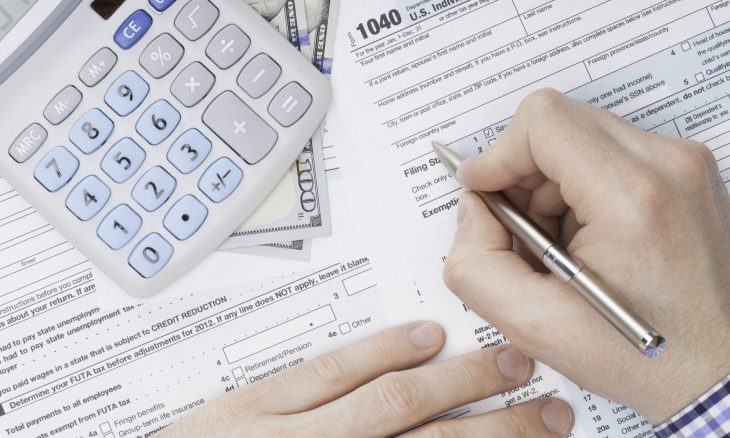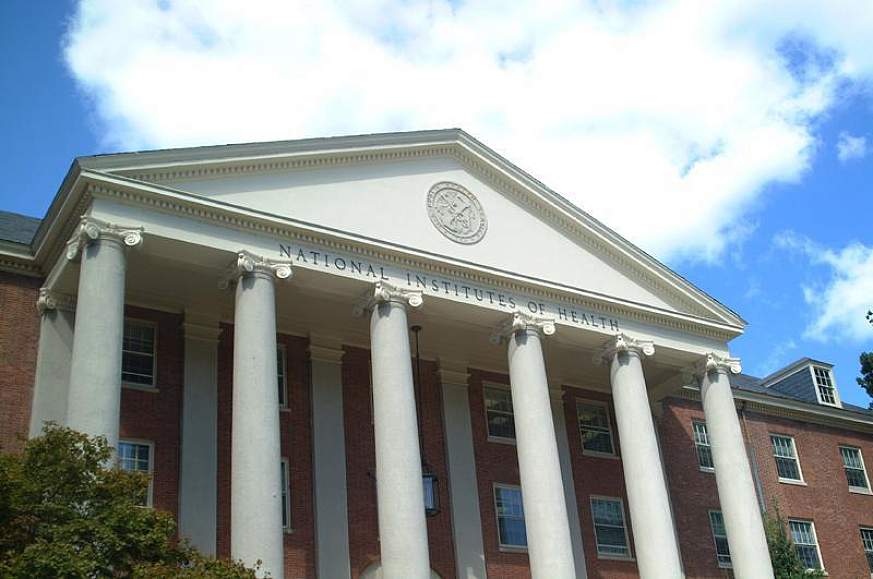Does raising or lowering taxes help or hinder the broader economy?
PRAY FIRST for the financial and economic burdens that many face in our nation, and pray for godly wisdom and discernment for our leaders as they make decisions about taxes and economic policies.
Blessed is the man who trusts in the Lord, whose trust is the Lord. He is like a tree planted by water, that sends out its roots by the stream, and does not fear when heat comes, for its leaves remain green, and is not anxious in the year of drought, for it does not cease to bear fruit. – Jeremiah 17:7-8
Tax increases are always a topic of interest and concern for many U.S. citizens, as they can have a direct impact on household budgets, consumer spending, and overall economic activity. As of 2024, many Americans are wondering: Are U.S. taxes rising, and if so, what’s driving these increases?
Several factors contribute to tax hikes, both at the federal and state levels. Government spending on infrastructure, healthcare, and other public services is a key driver. For instance, funding initiatives such as Medicare expansion and environmental protection have placed greater pressure on state budgets—leading to higher taxes in certain regions. Additionally, debt management plays a significant role in tax increases. As the U.S. national debt continues to rise, more revenue is required to manage interest payments and maintain public services.
Increase in Taxes
While taxes have not spiked suddenly, there has been a gradual upward trend over the past decade. Between 2010 and 2024, tax rates have increased incrementally in several areas, including property taxes, income taxes for high earners, and excise taxes on goods such as gasoline and cigarettes. Much of this increase stems from the need to fund social programs, maintain infrastructure, and reduce deficits at both the federal and state levels.
The impact of rising taxes is not felt equally across all demographics. Higher earners, for instance, have seen the most significant increases in income taxes as states look to generate more revenue from top income brackets. Meanwhile, middle-class Americans often feel the pinch through increased sales taxes, property taxes, and reduced deductions that directly affect their day-to-day finances. Lower-income families may face fewer direct tax burdens but are indirectly affected by increased costs for goods and services, many of which are passed down from businesses facing higher taxes.
One of the most pressing concerns regarding rising taxes is whether wages are keeping up. Unfortunately, for many Americans, wages have not grown at the same pace as taxes or the cost of living. While there have been periodic increases in the minimum wage and pay adjustments in some sectors, these changes often lag behind inflation and rising taxes. The result is a shrinking purchasing power for many individuals and families, particularly among middle- and lower-income groups.
Steps by Governments to Offset Rising Taxes
Some federal and state governments have taken steps to address the widening gap between wages and the cost of living. For instance, state legislatures in California and New York have enacted policies to raise the minimum wage, while federal tax credits such as the Earned Income Tax Credit (EITC) provide some relief for low-income workers. However, these efforts often fall short of matching the pace of inflation and tax increases, leaving many Americans struggling to make ends meet.
If taxes continue to rise without corresponding wage increases, the burden on middle- and lower-income Americans will only intensify. With less disposable income available, these groups are likely to cut back on spending, which could slow economic growth. For small businesses and entrepreneurs, rising taxes can lead to reduced profits and, in some cases, the difficult decision to lay off employees or close operations altogether.
When compared to other developed countries, U.S. tax rates are relatively moderate. However, the U.S. has a more complex tax system, with a combination of federal, state, and local taxes that can make the tax burden feel heavier for individuals. For example, many European countries have higher income tax rates but offer more comprehensive public services, such as universal healthcare. The U.S. tax system, by contrast, often leaves citizens responsible for significant out-of-pocket expenses for healthcare, education, and retirement.
Why It Matters and How We Can Respond
The bottom line? Tax increases are a reality for many Americans, particularly those in higher income brackets and those living in states with high costs of living. While some government efforts have been made to alleviate the impact of these tax hikes, the economic pressure continues to mount for many households. The next critical question is how public perception and trust in the government’s handling of taxes will affect future policy decisions.
We are called to care deeply about justice, compassion, and the well-being of our communities. Rising taxes, economic hardships, and disparities in wealth distribution are not just political issues—they are human issues that affect our neighbors, families, and the most vulnerable among us. When people are struggling financially, it creates a ripple effect that impacts their ability to access basic needs such as healthcare, housing, and food. This is why, as believers, we should not only be aware of the economic challenges but actively seek ways to address them with compassion and wisdom. Jesus calls us to love our neighbors as ourselves (Matthew 22:39), and part of that love includes caring about the systems and structures that affect their well-being. If we turn a blind eye to the financial struggles of others, we miss the opportunity to reflect Christ’s compassion and justice in the world.
By understanding the implications of these policies, we can advocate for justice and equity, making sure that the burdens of taxes and economic pressures are distributed fairly. Jesus calls us to love our neighbors as ourselves (Matthew 22:39), and part of that love includes caring about the systems and structures that affect their well-being. If we turn a blind eye to the financial struggles of others, we miss the opportunity to reflect Christ’s compassion and justice in the world.
HOW THEN SHOULD WE PRAY:
— Pray for Wisdom in handling financial resources and to be good stewards of the resources we have. If any of you lacks wisdom, let him ask God, who gives generously to all without reproach, and it will be given him. James 1:5
— Pray for those who are struggling due to rising taxes and financial burdens and for us to be compassionate toward those in need. Bear one another’s burdens, and so fulfill the law of Christ. Galatians 6:2
CONSIDER THESE ITEMS FOR PRAYER:
- Pray for strength and resilience for all Americans amid economic pressures.
- Pray for policymakers and leaders responsible for creating tax policies to be fair and just in crafting these policies, as well as planning to use tax money for the betterment of our country.
- Pray for God’s Peace to be in the hearts of those feeling the weight of rising costs and financial pressures.
Sources: Internal Revenue Service, U.S. Department of the Treasury, Gallup, Congressional Budget Office (CBO), Pew Research Center, Bureau of Labor Statistics (BLS), National Taxpayers Union Foundation, Tax Foundation









